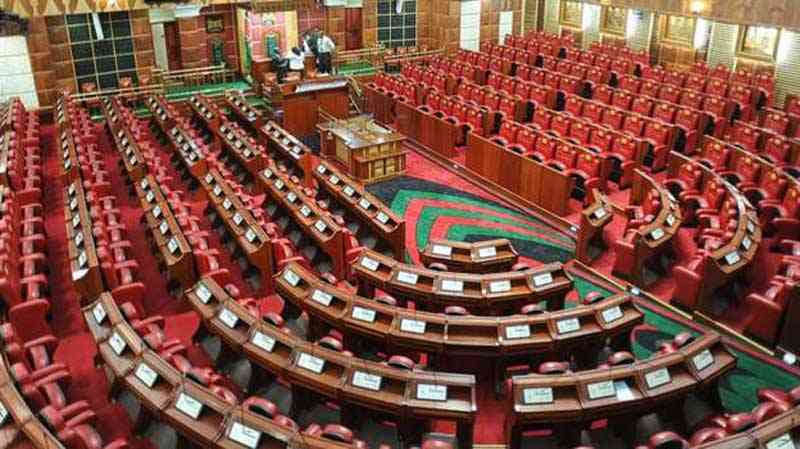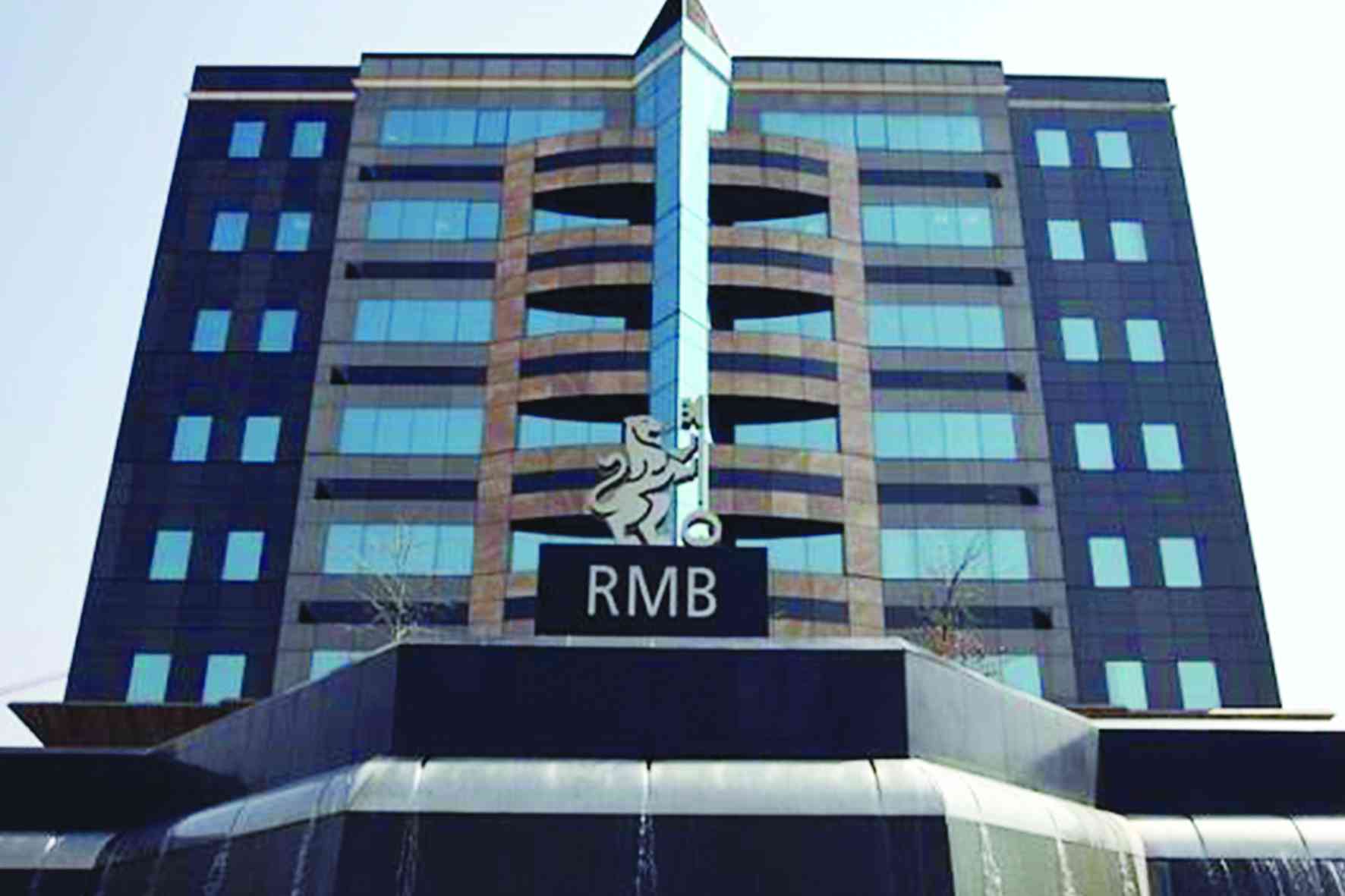
THE parliamentary portfolio committee on budget, finance and development has questioned the accuracy of countries’ gross domestic product (GDP) raising fears that the figures could be understated and have an adverse impact on the debt-to-GDP ratio.
Generally, government debt as a percent of GDP is used by investors to measure a country’s ability to make future payments on its debt, thus affecting the country's borrowing costs and government bond yields.
Zimbabwe, which is in debt distress with external debt figures varying from US$14 billion to US$19 billion, has been struggling to get fresh lines of credit from multilateral lenders.
Parliamentary Portfolio Committee on Budget, Finance and Economic Development chairperson Matthew Nyashanu told participants at the fourth edition of the Zimbabwe Debt Conference in Bulawayo that the committee was concerned about the country’s debt levels.
“We have had several engagements with the Ministry of Finance as far as the debt is concerned. We don’t feel very comfortable because of the levels of debts our country is reeling in. Some say we are around US$17,9 billion and some say it's about US$14,9 billion. The question has always been to say are our GDP figures correct?. If they are not correct it means our debt-to-GDP ratio could be over 100% and not 70%,” he said. The Zimbabwe External Debt to GDP is projected to trend around 78% of GDP in 2022 and 76% percent of GDP in 2023.
Nyashanu later told Businessdigest on the sidelines of the conference that statisticians in the country seemed not to give accurate figures as far as the country’s GDP was concerned adding that the countries’ figures may not be as high as being portrayed.
He added that the onus was upon the country and committee to interrogate the actual GDP and debt figures.
“Our statisticians don’t seem to be giving us accurate figures as far as GDP is concerned and I feel it may not be as high as the figures we are talking about. We also want to look at the economic performance in the country particularly how the economy is constantly being shaken, the upheavals, you want to say our GDP cannot be to those levels. When you have higher GDP you want to come up with a relationship between debt and GDP. I feel as a committee we want to interrogate the real GDP of the country,” he said. Nyashanu added that while there has been progress on the establishment of the debt office in Parliament, there was need to do more on the office’s independence to ensure access to accurate information.
- Mavhunga puts DeMbare into Chibuku quarterfinals
- Bulls to charge into Zimbabwe gold stocks
- Ndiraya concerned as goals dry up
- Letters: How solar power is transforming African farms
Keep Reading
Delegates attending the debt conference agreed that the only consensus that was there was that the country had acquired unsustainable debts and that the correct figures on debt and GDP remained contested.
The debt conference is being held under the theme: “Leveraging public finance and debt reforms for sustainable economic growth and inclusive development in Zimbabwe”.











